“You either die a hero or you live long enough to see yourself become the villain.” Most of us are probably familiar with this quote from ‘The Dark Knight’ movie. Two-Face, aka Harvey Dent, says it to Batman and it has become one of the most iconic lines in cinema history. But have you ever wondered if it has any real-life examples?
Well, people in this online thread debated and shared some popular figures that started out as good guys and became pretty evil in the end. From presidents to inventors, it seems that power and fame corrupted these people in some pretty nasty ways. It just goes to show that those you might respect right now, might become people you’d want to avoid in the future.
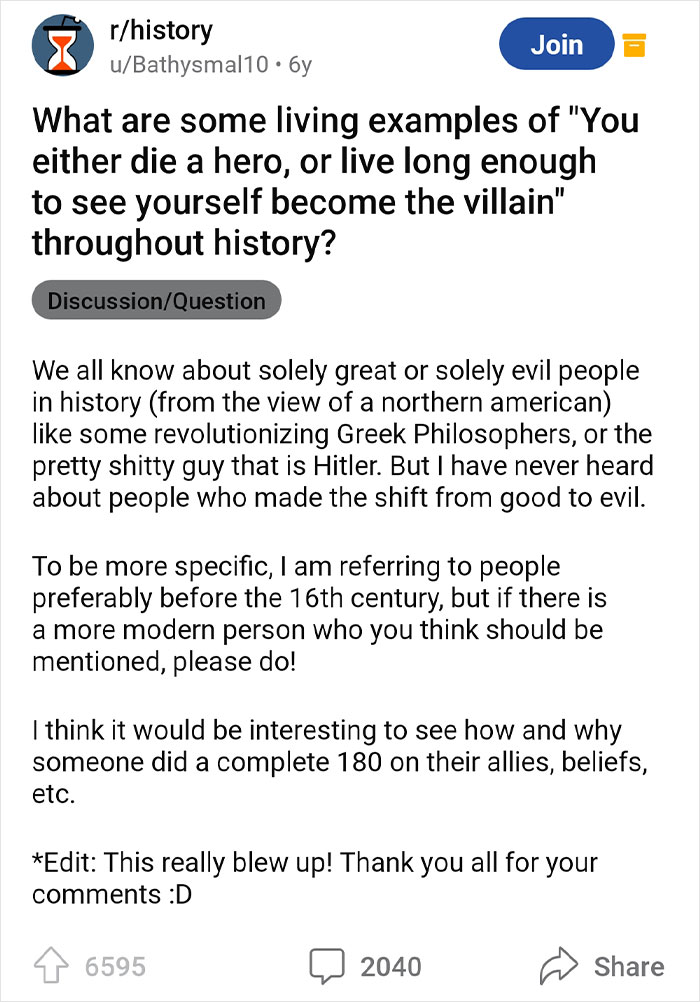
Image credits: Bathysmal10
#1
Maximilien Robespierre of the French Revolution and the Reign of Terror.Helped to overthrow the monarchy and execute the king, then went on the execute a wack ton of people, mostly political enemies, by guillotine during the Terror as a part of the aptly named Committee of Public Safety. He was then later arrested and guillotined for executing a member of his own Committee.
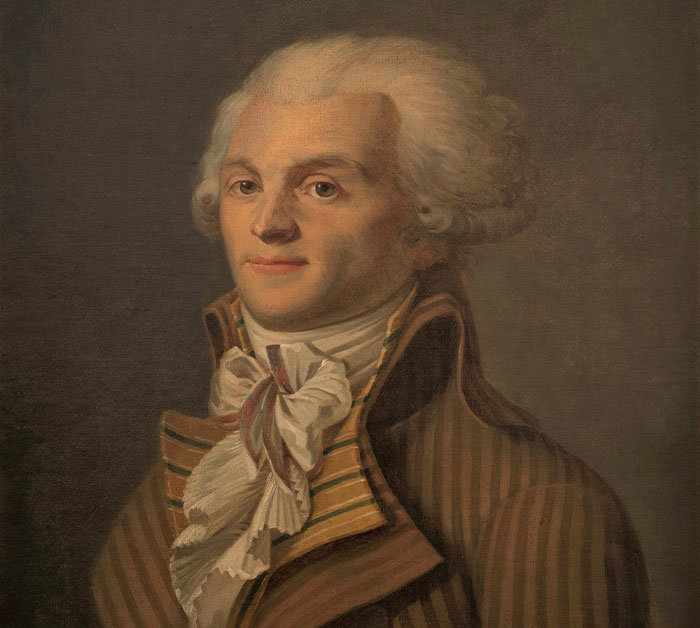
Image credits: warmcorona
#2
Mao ZeDong of China. He helped in ridding China of foreign influence, gave women equal rights as men, allowed all children to attend school, had massive social and industrial reforms to modernize China. Too bad he is not very good at running the place long term and ended up killing millions as a result of being forced to side with USSR during cold war, acting like an expert when he isn't, and kept worrying the revolutionary zeal will die.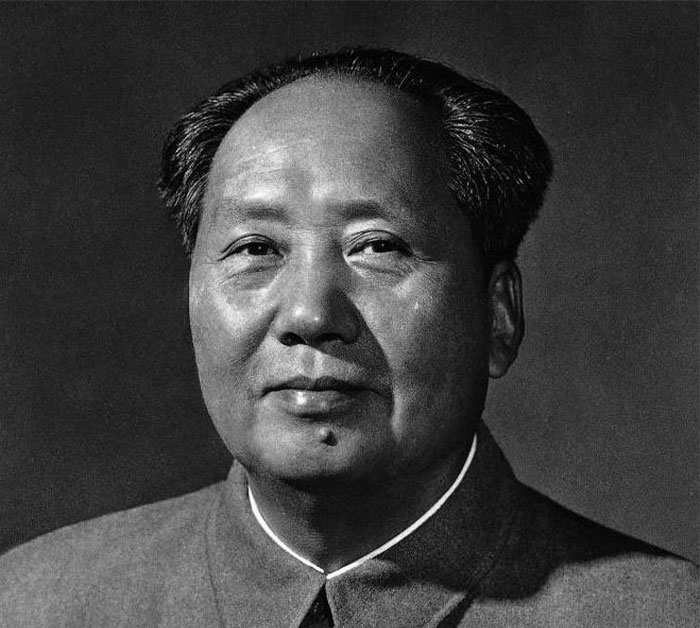
Image credits: PegasusSeiya
#3
Marc Antony. First received overwhelming support by both military and the common people as the right hand of Caesar. Then averted a civil war following Caesar's assassination. However he then lost most support following the battle of Actium and the opening of his will confirmed him as a true enemy of the state due to Ptolemaic/ Cleopatra's influence leading to his demise.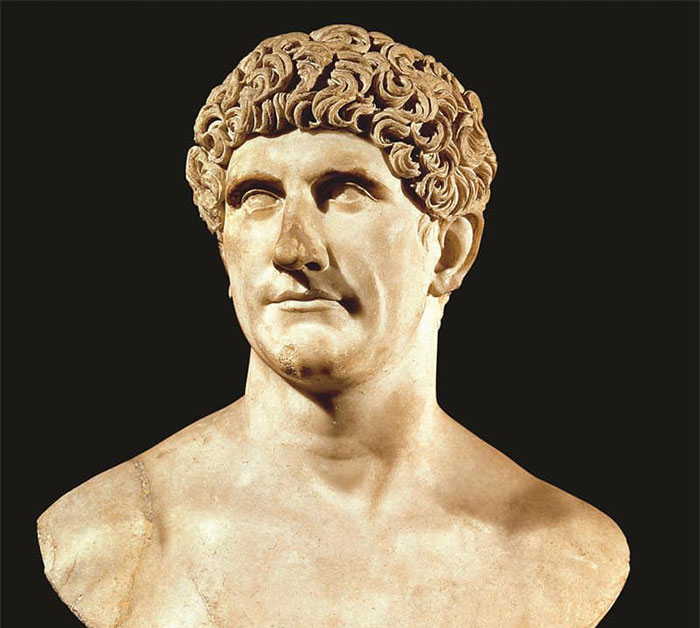
Image credits: shamalamadingdong95
#4
Cult leader Jim Jones. His early life was dedicated to racial equality and service and devolved into phony/illusory miracles to manipulate followers into gratifying both his socialistic and sexual goals, ultimately ending with mass s****de. Also a real life example of the axiomatic phrase "absolute power corrupts absolutely."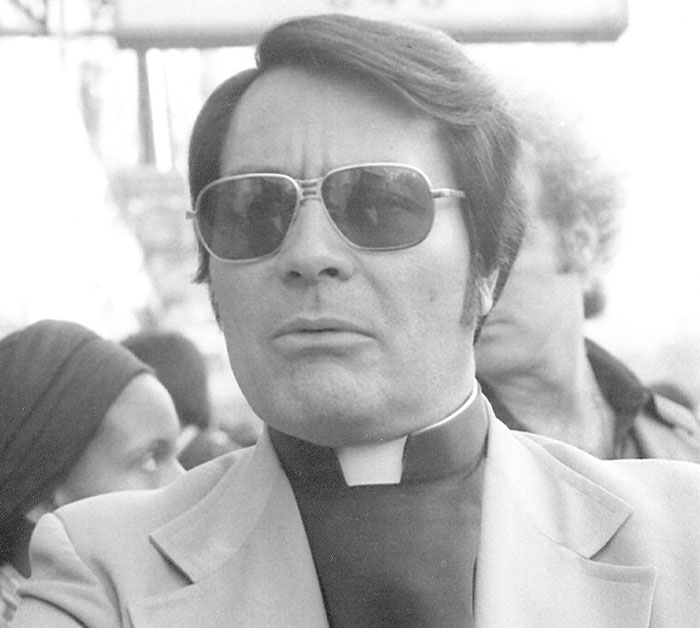
Image credits: RubinPingk
#5
Boris Yeltsin.He did Russia a heroic service as the USSR failed, but became mired in corruption and ineffectiveness.
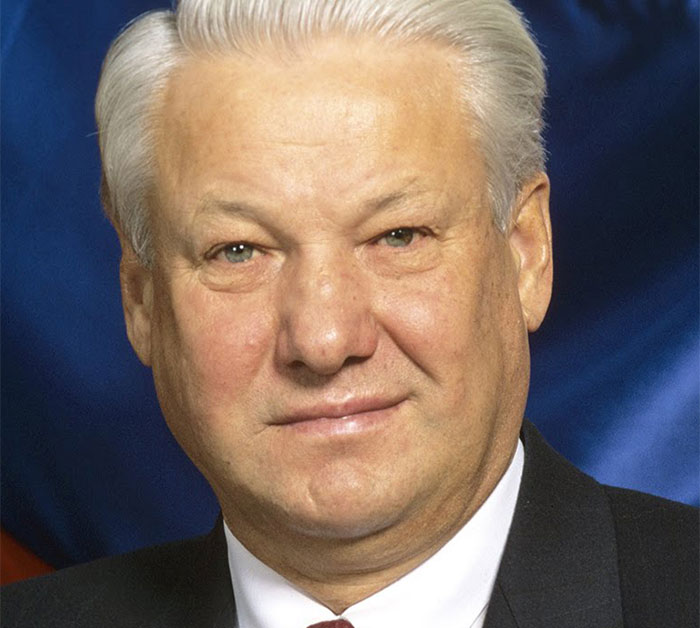
Image credits: archamedeznutz
#6
The guy who invented the orbital lobotomy. He preformed tens of thousands of them and was thought to be a hero for the mentally ill. Turned out later that literally aimlessly scrambling people's brains with an ice pick was a bad idea.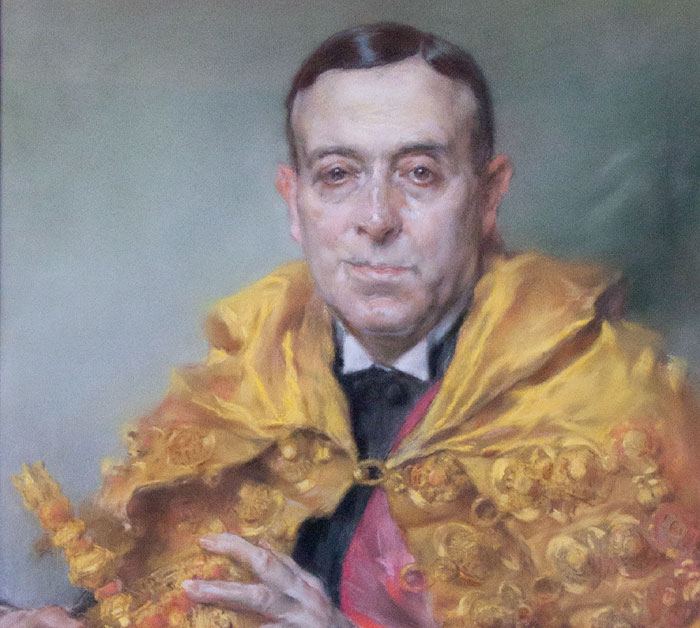
Image credits: La_Guy_Person
#7
Philippe Petain. He was a renowned Commander who helped lead the defense of Verdun, becoming a national hero. When France surrendered in WWII, the Germans saw this as an opportunity to increase the public image of Vichy France and convinced him to lead the collaborationist regime. Nowadays, Petain is regarded as a traitor, not a hero.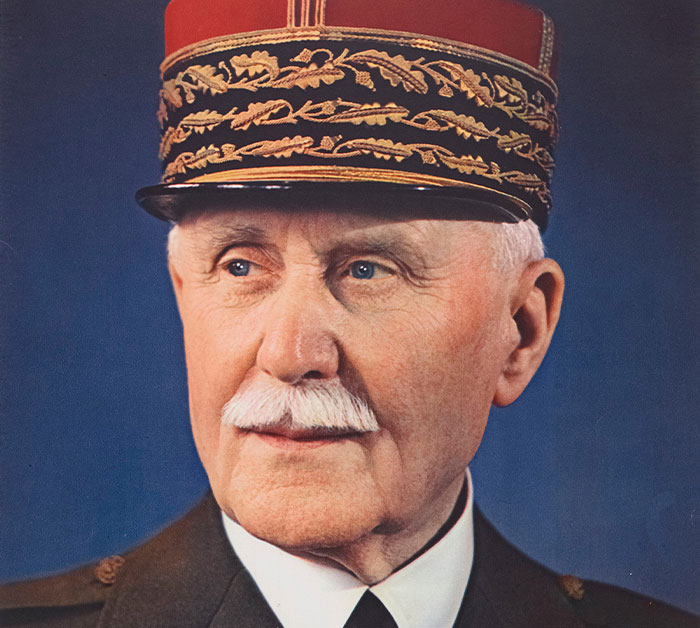
Image credits: BirdCrackers
#8
A more modern example I can think about is Porfirio Diaz, in Mexico. He was a renowned general that fought in many wars in Mexico for the liberals. He was even part of the commanders who fought under general Zaragoza's command to fight off the French in the 5 de mayo battle at Puebla. At first he was quite appraised and had a chance to win the presidency, but had to win it from Juarez, the president who implemented all the reforms in Mexico which had caused quite many wars. A couple of years after Juarez finally died, ending 17 years of government, Diaz assumed the presidency. At first his government was characterised by a lot of industrial progress and a huge increase in railway tracks. However, he designed the country to be dependent on his rule, and felt no one was capapble of handling Mexico. So naturally, he decided to stay in the presidency 30 years. Ironic because he had fought Juarez because he was becoming a dictator. He was thebone who came up with the no reelection campaign. Aftter living so much and reelecting himself many periods, he ended up becoming a villain, sparkling a civil war after the imprisonment of one of his adversaries, Madero. He quickly quitted when he realised the US supported the revolutionaries and went in exile to France. The civil war continued, so called Mexican Revolution for many years, and the only scapegoat fot such a bloodshed was the "overthrow" of a dictator, thus official history textbooks now only see him as a villain, completely ignoring the things he did for our nation.Sorry for any mistakes, english is not my native language, and I wrote this on my phone.
Hope you found this interesting.
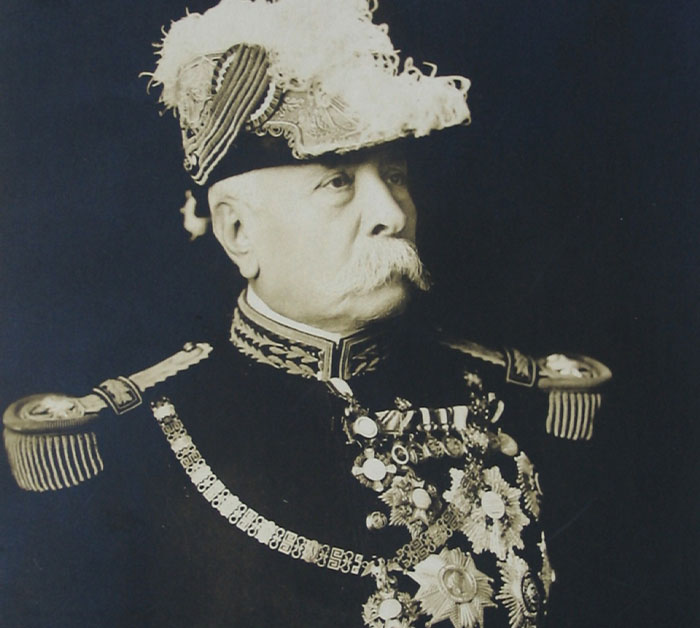
Image credits: Sebwolf97
#9
Fritz Haber invented the process of making fertilizer from the atmosphere, alleviating food shortages in Europe in the early 20th century, and winning a Nobel Prize in chemistry for it. Later, during WWI he invented chemical warfare for the Germans. He developed a method of dispatching chlorine gas to enemy trenches. He is now know as the father of chemical warfare.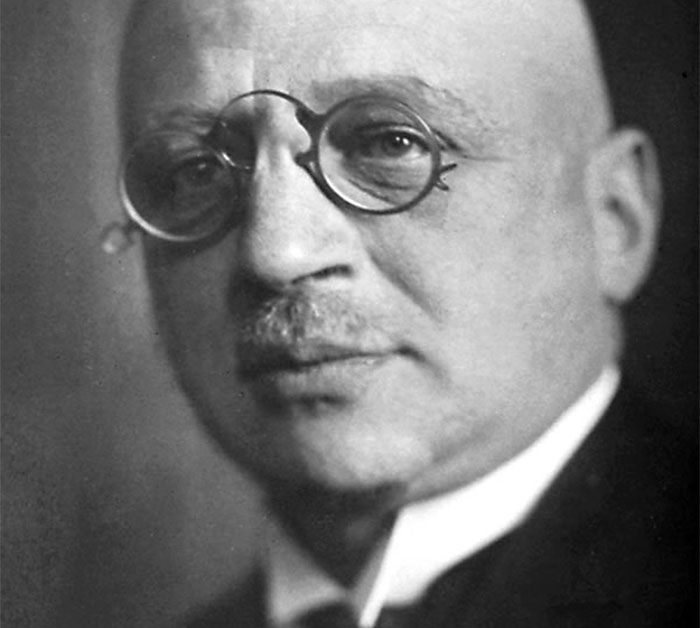
Image credits: girlinquestion39
#10
Aaron Burr. Made it to the office of Vice President, yet somehow still had it out for Alexander Hamilton and blamed him for his short comings which led to his killing of Hamilton via duel. This ultimately ruined his political career and after some unrelated legal troubles on the western frontier forced him to escape to Europe to hide from creditors.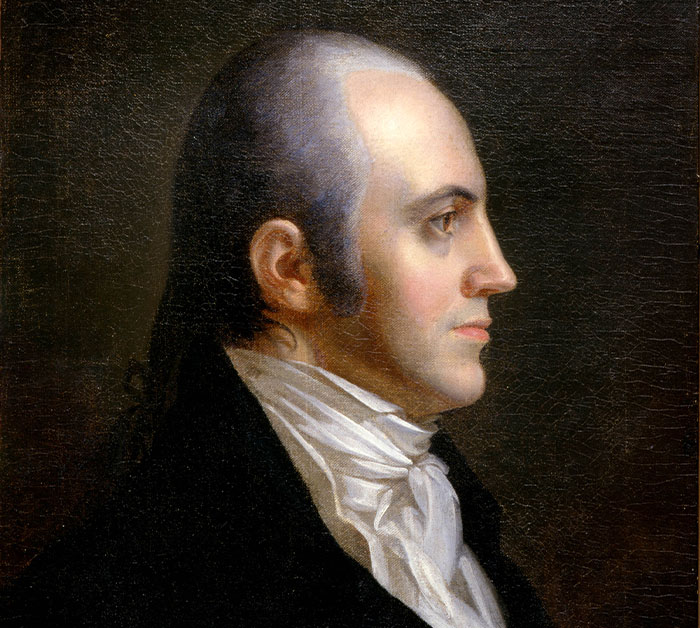
Image credits: roenick99
#11
Benedict Arnold might be a good example. Initially a high ranking military officer who is responsible for an American victory at Saratoga during the revolutionary war. Despite his military success due to many reason ( including the promotion of lower ranking officers instead of himself) he eventually made a deal with the British to betray the Americans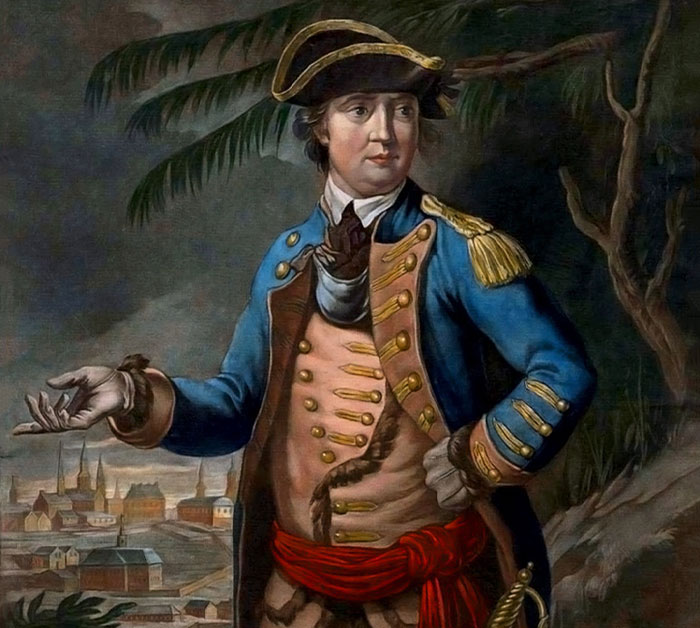
Image credits: juuzo
#12
Alcibiades is a good example. Athenian statesman who switched sides to Sparta, then Persia.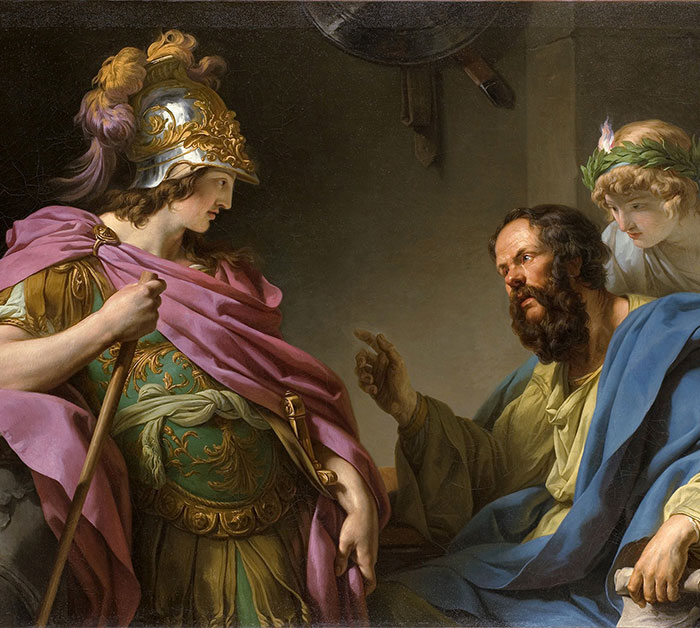
Image credits: DoubleThinkCO
#13
Alfred Nobel.Due to the number of deaths cause by the improper handling of nitroglycerin (including his own brother) he looked at creating a safer explosive. Invented dynamite , then gelignite and then Ballistite. Made a shed load of money from the military usage of his inventions.
When his brother Ludvig died, this caused several newspapers to publish obituaries of Alfred in error. A French obituary stated "Le marchand de la mort est mort" ("The merchant of death is dead") and went on to say, "Dr. Alfred Nobel, who became rich by finding ways to kill more people faster than ever before, died yesterday."
Alfred (who never had a wife or children) was disappointed with what he read and concerned with how he would be remembered.
On 27 November 1895, at the Swedish-Norwegian Club in Paris, Nobel signed his last will and testament and set aside the bulk of his estate to establish the Nobel Prizes, to be awarded annually without distinction of nationality. After taxes and bequests to individuals, Nobel's will allocated 94% of his total assets, 31,225,000 Swedish kronor, to establish the five Nobel Prizes. This converted to £1,687,837 (GBP) at the time.
So hero to villain and back to hero.
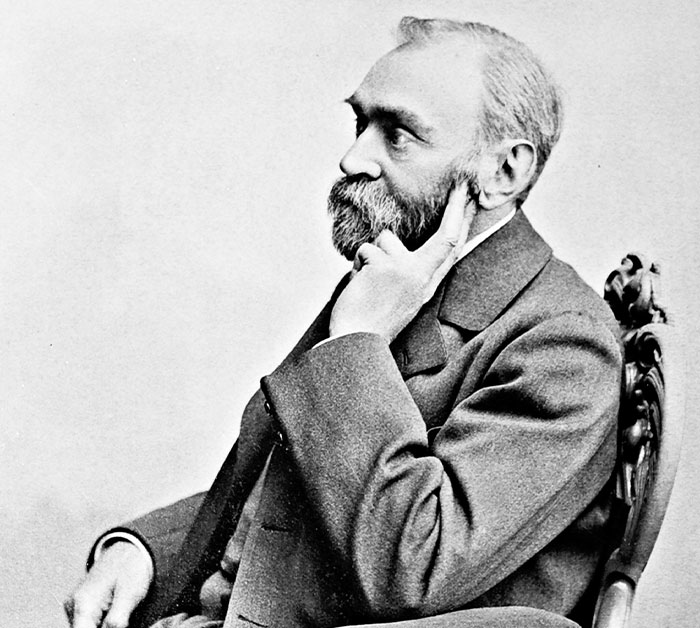
Image credits: Ochib
#14
Nero. His first few years in office were rather prosperous overall (thanks in part to good advice from Seneca and Burrus). After having his mother killed, things went downhill fast.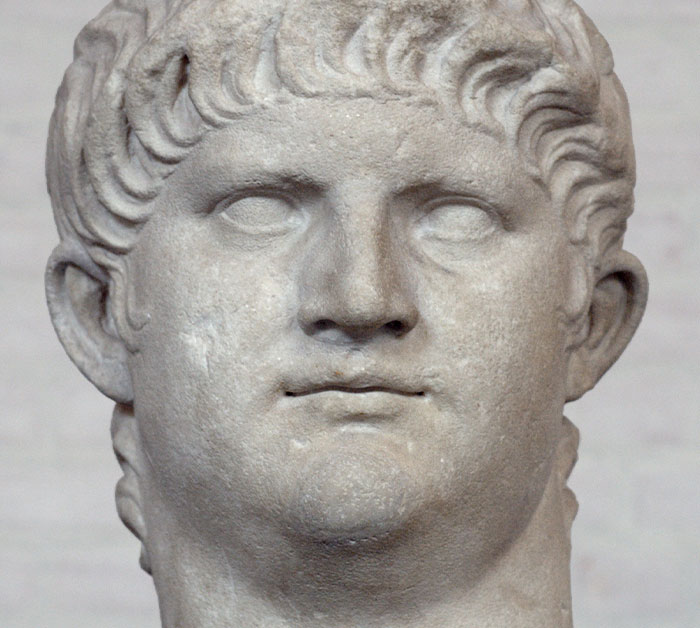
Image credits: Anarcho-Totalitarian
#15
Fidel Castro. Worked to overthrow a brutal dictator and put power back in the hands of the people- wound up becoming a near-dictator himself: starving the country of economic and social growth, allying with Russia, and flirting for decades with nuclear war.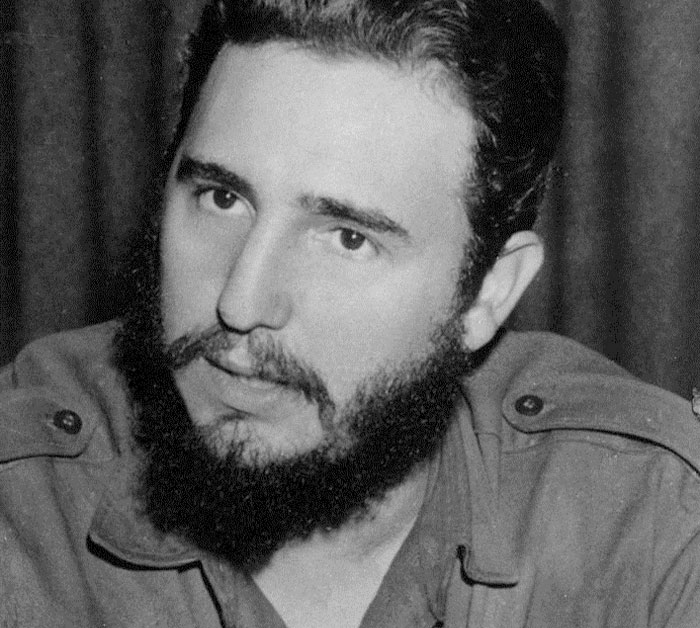
Image credits: thelemieux
#16
Kwame Nkrumah led the independence movement in Ghana in the 1950s and was universally loved when Ghana became a nation in 1957. He began work on hundreds of essential infrastructure projects which would help bring Ghana up to the level of developed nations quickly. He promised a powerful and prosperous country, which could be independent of the Cold War struggle between East and West and even serve as an intermediary.He then decided it was better if he would become a dictator. He suppressed Ghanaian traditional culture, began imprisoning people without charges, almost immediately violated his own constitution, removed checks and balances in government, inspected and censored all media outlets, instated and removed judges erratically and at will based on whether their rulings suited him, rigged elections, and declared himself "president for life".
Ghana was driven into deep and lasting debt. Kwame Nkrumah was overthrown and banned from the country for life, ostensibly for creating a cult of personality and making himself the oppressive dictator of Ghana. After the coup, Ghana was ruled by politically unstable military dictatorships, and wracked by constant coups, for thirty years.
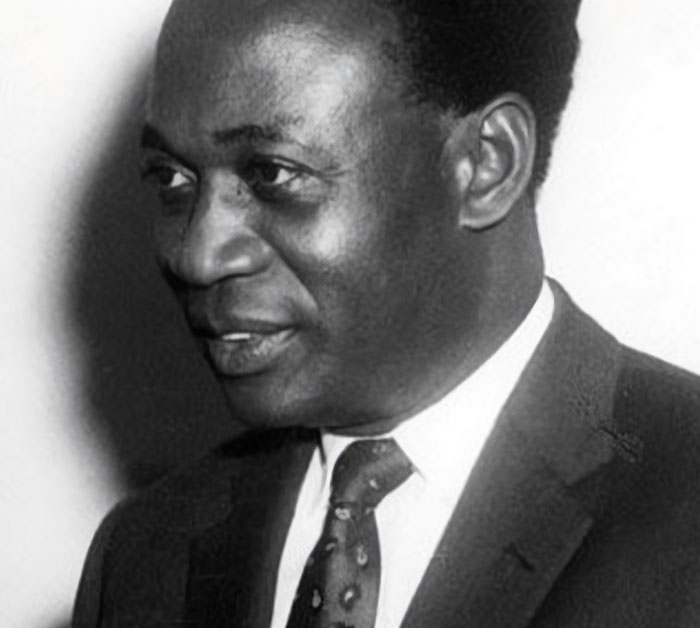
Image credits: jmconeby
#17
Napoleon is arguably a good example of this. Whilst he is undoubtley a great commander and influential man, he does not exactly have a 'Hero' reputation, and certainly some would argue he was a war mongering despot, which is surprising considering his exploits.Particularly his return from Elba was a huge waste of life in a war (the Hundred days campaign) that was always doomed to failure. Interesting, it is almost like some people see Napoleon as not part of the national story, but its own part of history. Like the Nazis and German History.
However, let say Napoleon died of natural causes before his disastrous invasion of Russia in 1812, I believe he would be the go to symbol of France most influential man and national hero, almost a George Washington style figure rather than the reputation he has today.
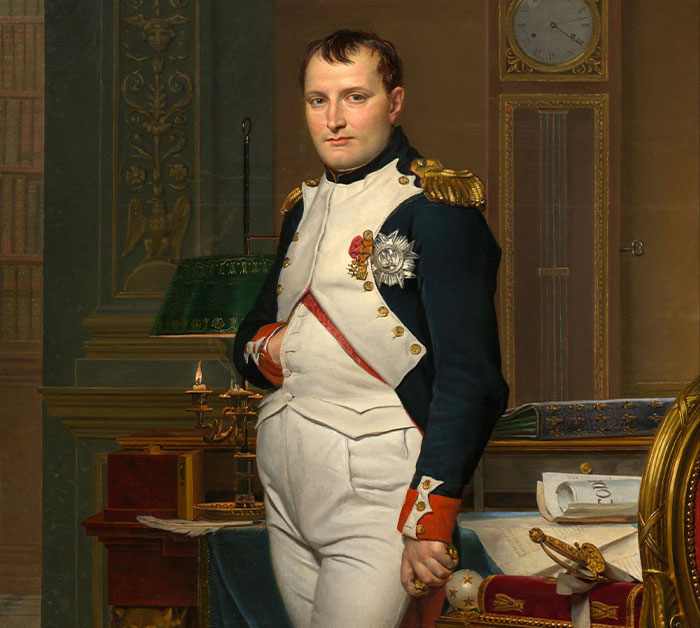
Image credits: the_englishman
#18
Richard Nixon for a more recent example. Everyone kind of forgets that he was generally considered to be a pretty good president and diplomat before Watergate.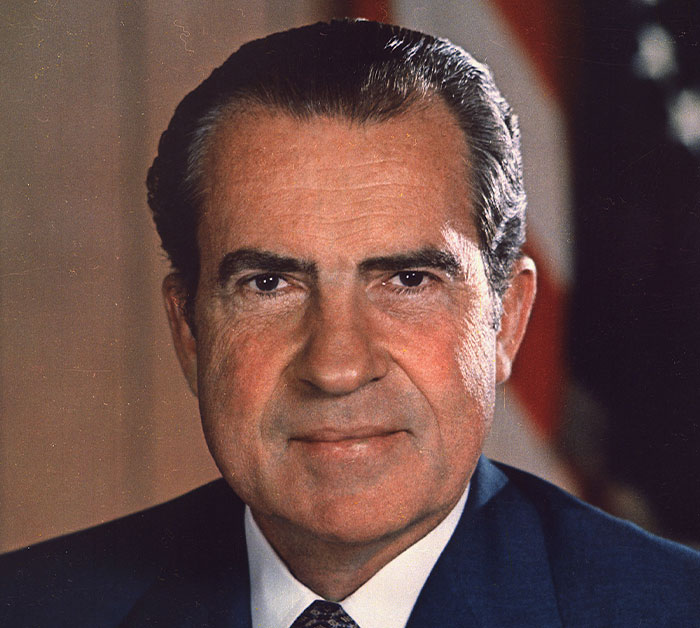
Image credits: elfrancisconube
#19
While not as extreme of an example as Hitler or some of the others in this thread, **Simón Bolívar**.*El Libertador* himself, Bolívar played a key role in freeing Gran Colombia (modern Venezuela, Colombia, Ecuador, and Panama) and Peru (modern Peru and Bolivia) from Spanish rule. He even ended slavery in the former colonies while he was at it. He was well-known for his bravery, and even the Legions of Hell, fierce horsemen that he recruited from the plains who liked to raid everyone around them, thought that Bolívar was particularly rugged.
Unfortunately, even though he was a brilliant revolutionary leader, he wasn't so skilled at politics once the war was over. His constant clashes with practically everyone around him and obsession with centralizing power around himself ended up dooming the nation he helped create. In his own lifetime, he was forced to resign and go into exile, and ended up dying from tuberculosis shortly after.
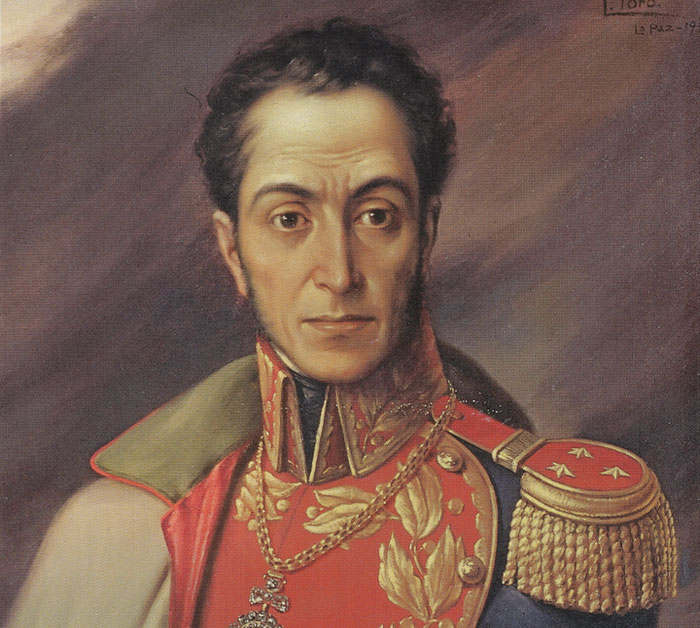
Image credits: themoxn
#20
You may be interested in reading about Richard Neville, the Earl of Warwick, aka the "Kingmaker". A popular and talented military leader, he initially supported the Lancastrians in the Wars of the Roses but then spent years promoting the Yorkist cause. Helped Edward the IV (house of York) become king but gradually became dissatisfied with him and finally joined with Margaret of Anjou, the wife of the former king and a longtime bitter enemy of Warwick's, in a coup attempt. Of course lots of people switched sides back in those days but he always stood out to me.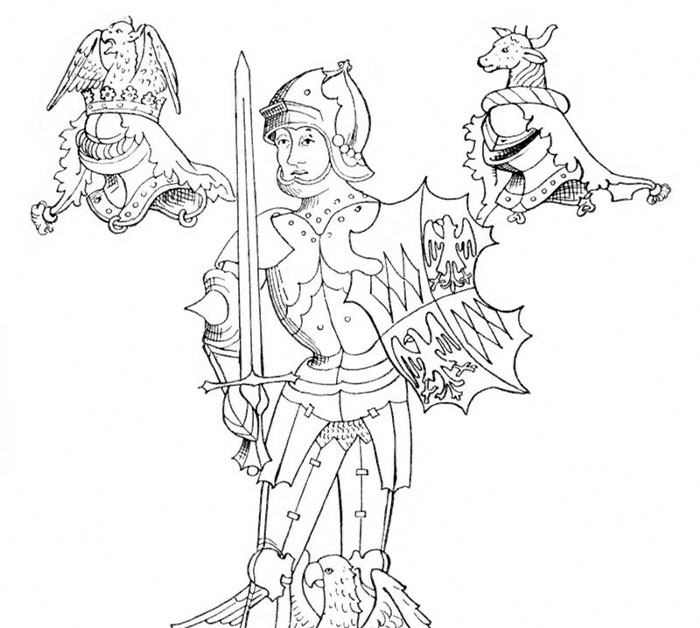
Image credits: Lincoln2120
#21
Nicolae Ceausescu is a textbook example of this. His fall from grace from Cold War good guy to being executed with his wife in the backyard of a random building is fascinating.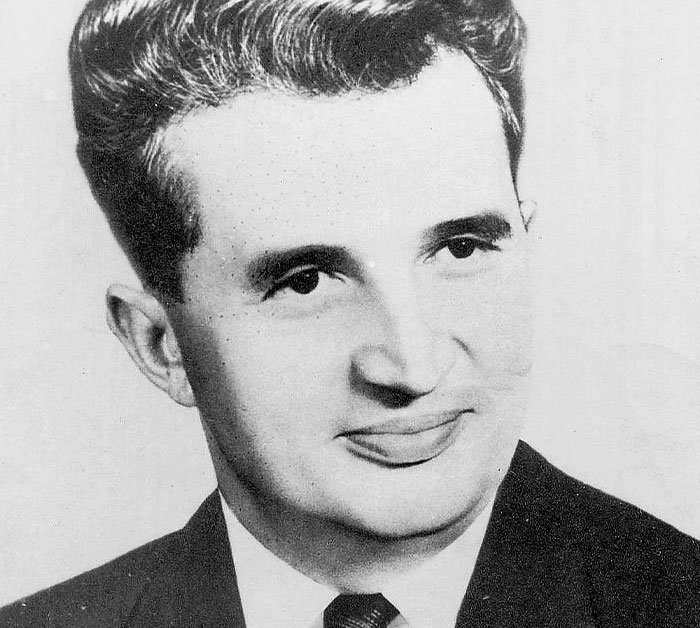
Image credits: macwelsh007
#22
Sheikh Mujibur Rahman, played central role in independence of my country from one of the most powerful army of that time, Pakistan. Even more impressing because, Pakistan was strongly backed by USA whole time. Genuinely cared about people, was a great orator, few people in the history I think had as much popularity as him around 1971.Then he became our president, country suffered from serious unemployment, poverty, lawlessness. There was a famine in 1974, a paramilitary force kind of like stasi, rampant corruption etc. And lastly, four years after independence, decided democracy isn't the right way, tried to establish one party socialist rule, got killed with almost entire family in 1975 by some army officers.
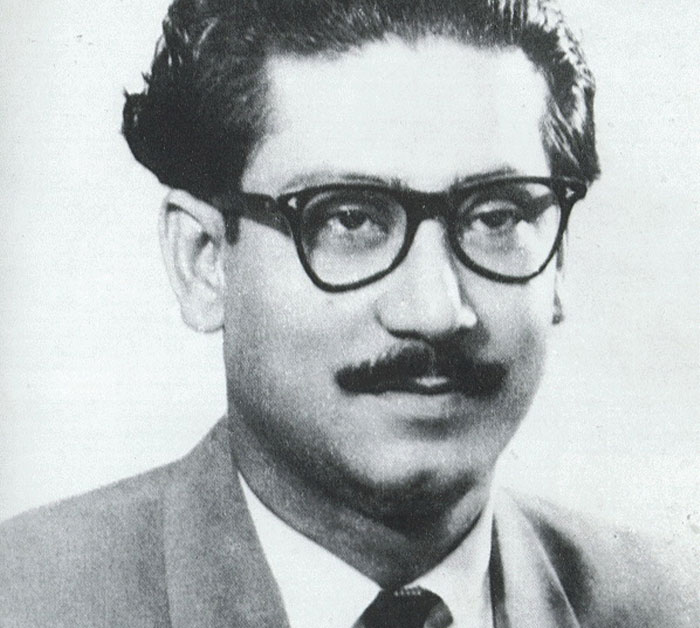
Image credits: anon
#23
I think Lord Kelvin is a really excellent example. The man was considered a genius to rival Newton during his heyday and managed to create/capitalize on the slowly growing popularity of scientists (seen later extensively with Einstein).His work on thermodynamics and the definition of "heat" in general was really extraordinary at the time. Unfortunately he had some very stubborn views about the age of the Earth and the existence of the ether, so he went from an incredible genius to a backwards loon because the world changed too much around him.
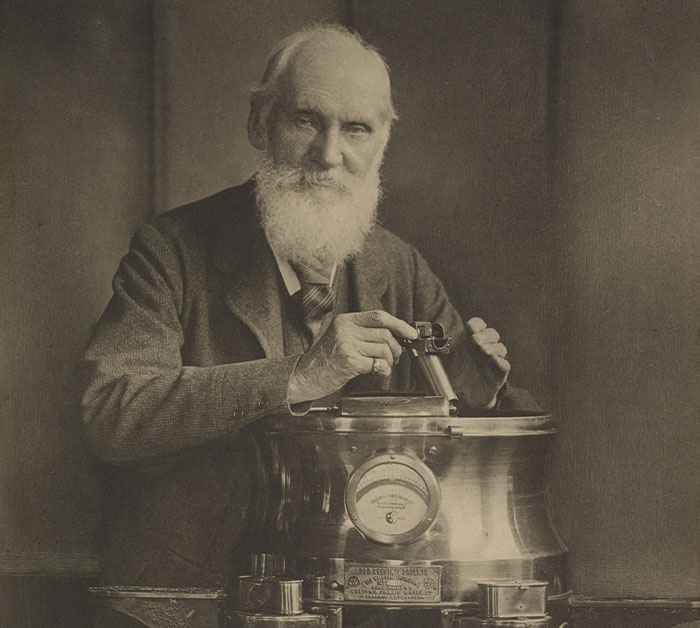
Image credits: thecloner
#24
You're looking for Richard Nixon.He was a civil rights guy and personal friend of Martin Luther King while a VP. When Kennedy's campaign had dead people voting to swing key States he refused to contest it "The presidency should never be in question."
When he became president he created an agreement for the longest period of peace in the Middle East in the 20th century, signed peace between China and Russia, opened relations to China, ended the Vietnam War, opened relations with Russia and signed in place America's biggest environmental bill.
But he became paranoid and worried. He worried the Democrats would steal the presidency like they did with Kennedy. But his worries were really paranoid. He carried all but two small States in the election. So when he was caught using US resources to spy on the Democrats... it looked really bad.
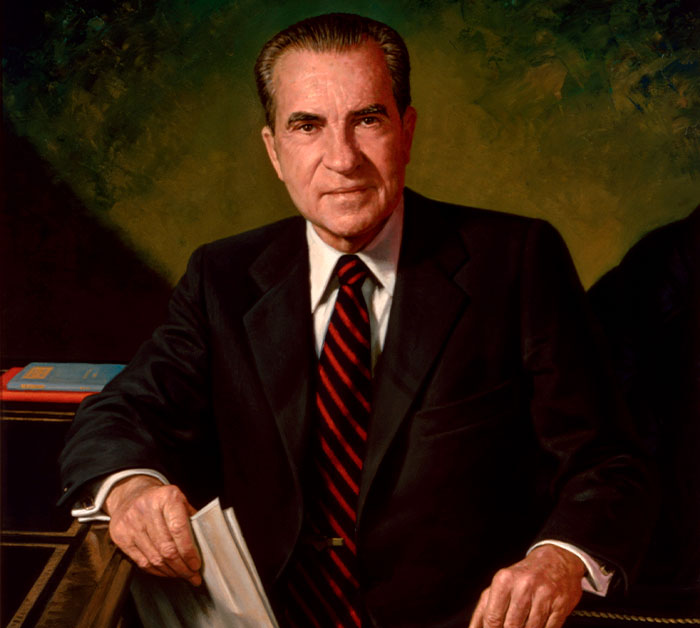
Image credits: garlicroastedpotato
#25
Christopher Columbus, not so much the man himself changing but the people's perception of him. People are only now starting to turn on Christopher Columbus and his Columbus day. He was celebrated as an explorer but now people seem to focus on his conquering of native Americans.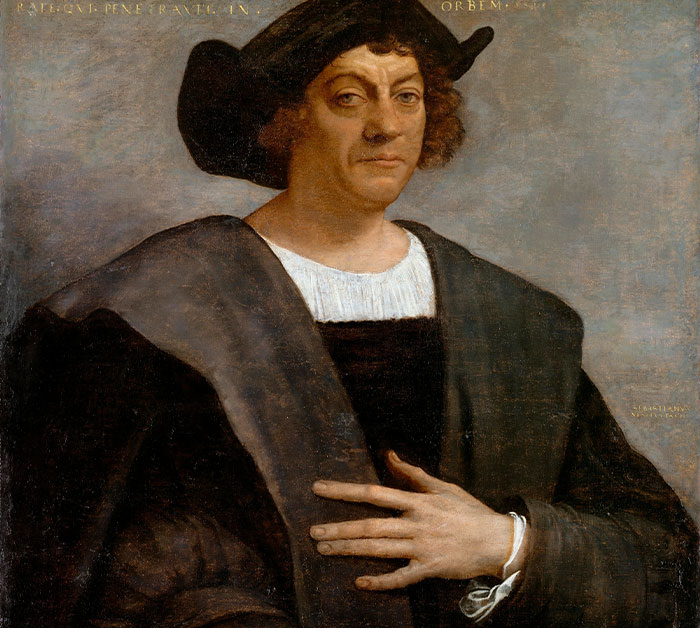
Image credits: datdac
#26
Amir timur/tamerlane. Would have been considered a hero by the people he ruled but propped up his empire thoroughly numerous sackings of rich nations around him.As his death and and his empire collapsed the history of his deeds was left to the surrounding empires who portrayed him as a barbarian monster.
This in turn slowly made its way to the western world and he was famously portrayed in tamerlane the great. Where he power hungry psychopath. The play is possibly the most controversial play ever made and is rarely put on these days. Simply for a scene where he burns the Koran and says he is bigger than God.
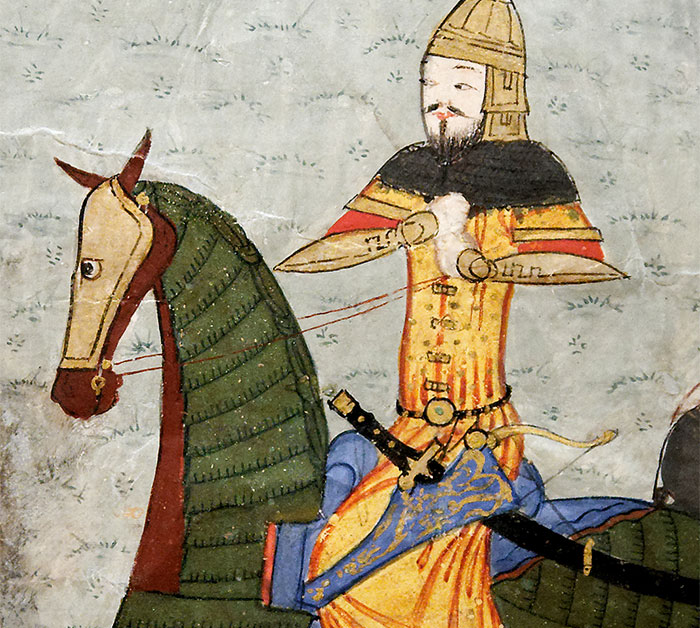
Image credits: wikipal
#27
Field Marshall Haig in WWI. He was a very respected military commander in WWI, but later came to be called [“The Butcher Of The Somme”]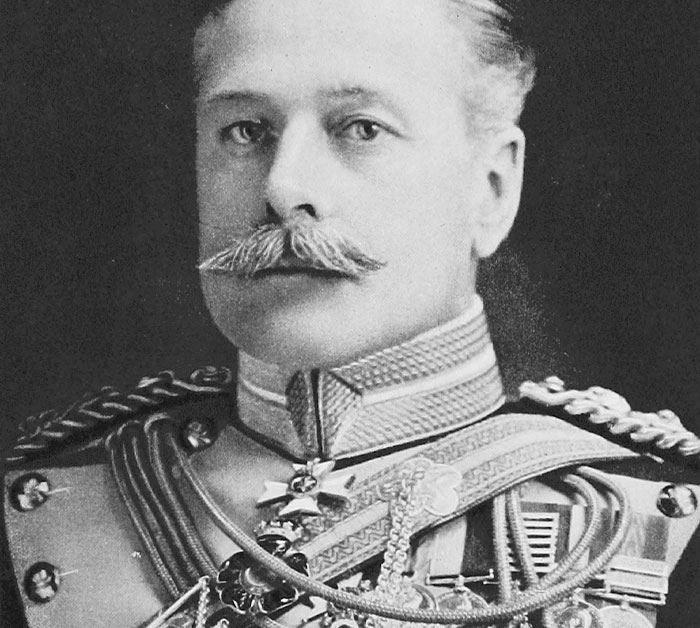
Image credits: AmoebaNot
#28
I think there's a misunderstanding of the meaning of the saying here - the individual doesn't become the villain through 'a complete 180' - rather the world around them changes, or they experience a gradual shift in their viewpoint.I think an interesting recent example (for USAians) would be LBJ. He starts his presidency in tragic circumstances, is widely praised for his treatment of Jackie Kennedy, and in enacting the Civil Rights Act and Voting Rights Act in the early years of his presidency.
By the end, 'Hey hey LBJ, how many kids did you kill today?' became the most famous legacy of his presidency, and Nixon won a landslide against the next Democratic candidate.
While historians see LBJ as an overall competent president and leader, the popular perception of him is intrinsically linked with Vietnam, and so failure.
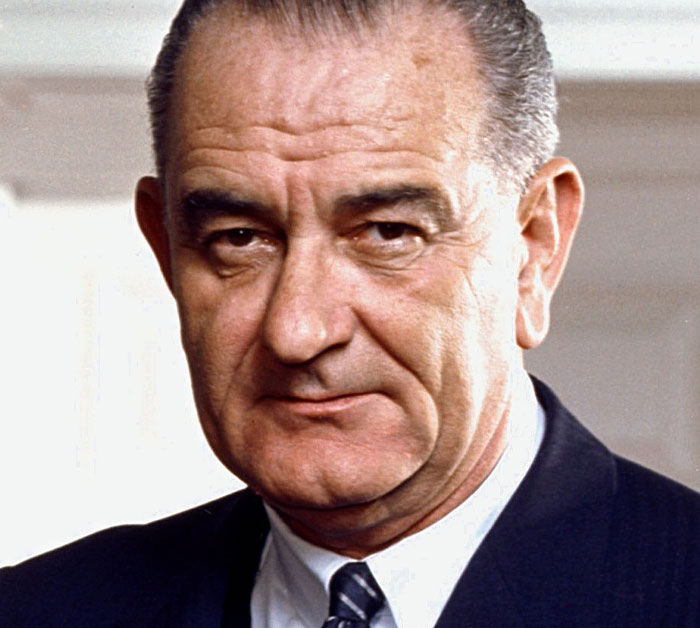
Image credits: MacDonaldRuadh
#29
Case could be made for George Patton. Stories of the famous slapping incidents were suppressed in Europe during the war since it would have damaged morale just as the Allies were beginning to threaten mainland Europe.However, news of Patton's behavior circulated far and wide back on the homefront, and Patton became reviled for it. Then, just like that, a war hero became a villain.
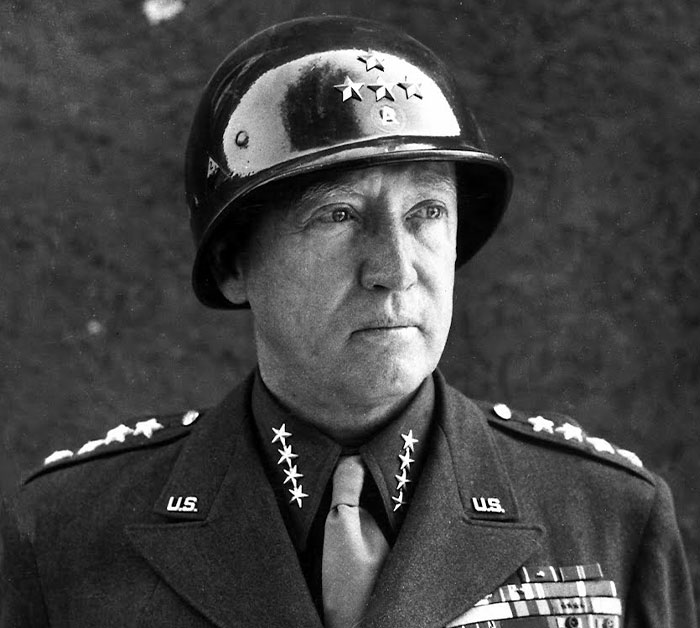
Image credits: anon
#30
Caligula. Insanely popular emperor of the people for the first 8 months or so of his reign. He contributed to public works, got rid of the treason files and trials of Tiberius, returned his family's ashes to Rome for proper burial, brought back public games, and was generally popular and well loved.So much for the man, now the monster. Caligula got sick and from there became the notoriously terrible emperor we know today.
Reinstituted treason trials, f****d everything literally and figuratively, cut the heads off of statues of the gods and replaced them with his own, had an entire section of spectators fed to the animals at a some sort of Colliseum spectacle (because there weren't enough prisoners to feed to the animals), spent the entire 3M sesterce surplus Tiberius left behind, killed, tortured, and debauched his way through the remaining three years of his reign. Had a man's family killed in front of him on the streets, except his daughter because she was a virgin and killing a virgin was considered wrong...so he had guards rape her and then kill her. Then had the guy killed. He did so many terrible things I can't even remember them all. Admittedly, though, some of the insane stuff he did (not the stuff I mentioned) is really funny. Worth looking into.
Who knows how much of what's written about him is true, but still an interesting story.
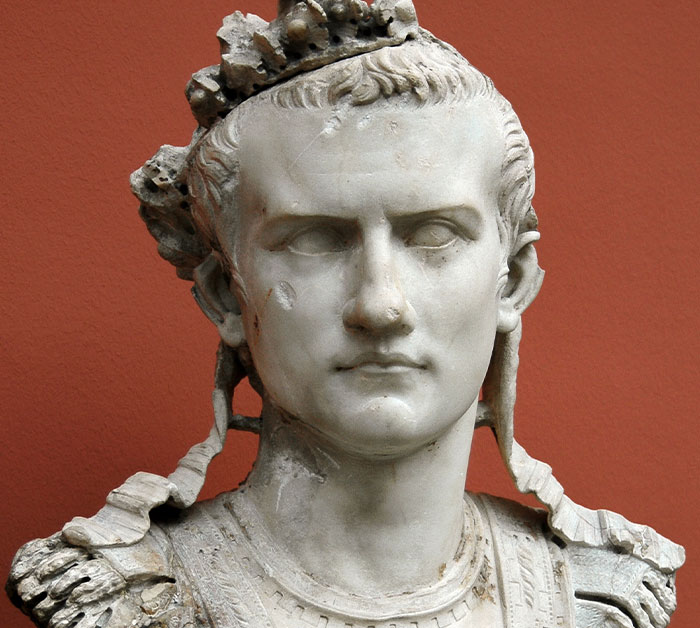
Image credits: anon
#31
I would propose Ulysses S Grant. Hero of the civil war mainly just for being the first competent general to finally push the union's advantage of men and equipment and exploited the few mistakes Lee made while his predecessors wasted their advantage by being unwilling to commit. He wouldn't be able to turn down the allure of politics after the war and was surrounded by corruption that tarnished his presidency. Then after politics he went into what he thought was an investment business but turned out to be a ponzi scheme that left him and thousands of veterans who bought in because of his name penniless. He died broke and disgraced but thankfully his memoir became a best seller and supported his family after his death.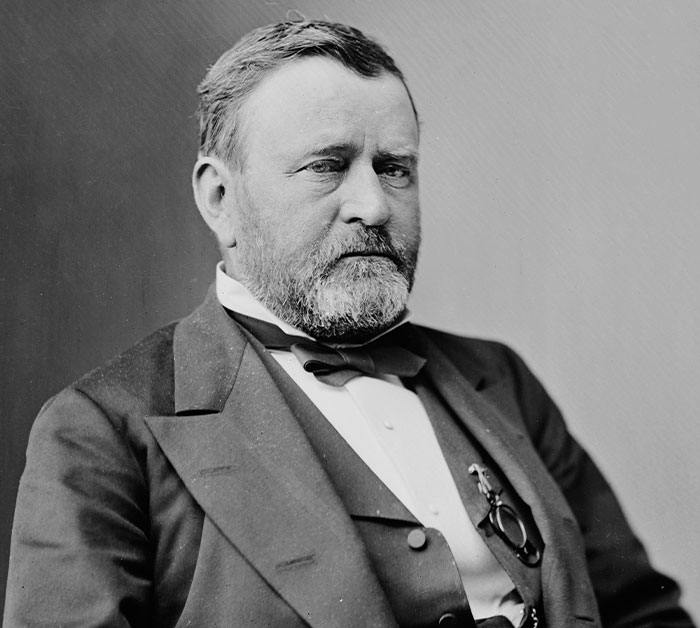
Image credits: okram2k
#32
Philippe Petain, French hero of the First World War and the last surviving Marshal. Backstabbed his way into the French government during the German invasion then became leader of Vichy France.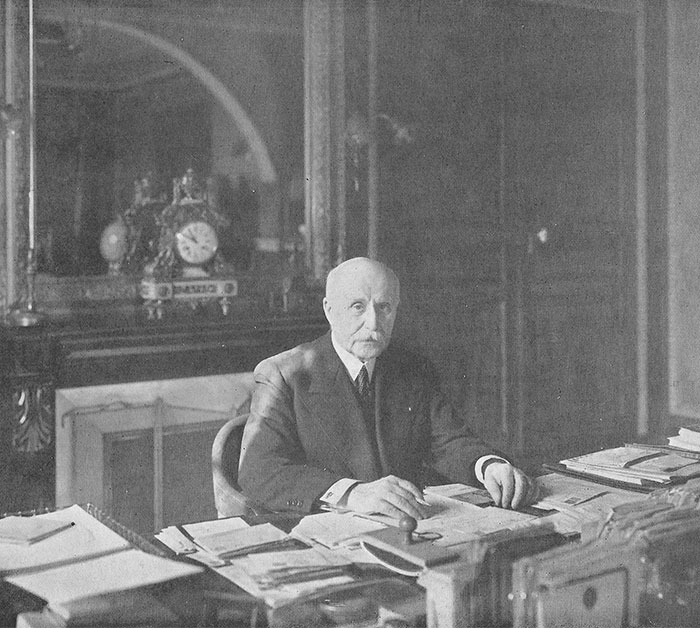
Image credits: sweetdrjoe
#33
For me, Richard Lionheart and John Lackland are the epitome of this. Richard Lionheart died young after being King for I think nine or ten years. He lived in England for maybe six months of that, spent the rest on crusade. He also kind of hated the English, being raised in France by his mother. Died childless (modern history posits he was maybe probably not all that straight, which was of course a big no no at the time in a monarch. This is neither here nor there on the hero thing, just interesting). Buuuut history frequently remembers him as a guy who died a hero.John Lackland on the other hand was King for a long-a*s time, even though he never expected to be (I think he had about three-five older brothers who all had to die without sons for him to be king). His last name was literally Lackland because he didn't even get like a pity earldom off his dad. He had thirteen kids (not all legitimate, but at the time, a relevant quality in a king). He signed Magna Carta, which was the very first step in making England's constitution. He wasn't really that into crusading. By modern standards, way better king. By standards at the time, eh, maybe he should have had more military strength to not get forced into signing Magna Carta. Still fucktons better than literally not being in the country for nine-tenths of your reign. Aaaand yet, mostly remembered as a villain.
Definitely blame Robin Hood for most of that, because Robin Hood insists on portraying Lionheart as the best king ever and Lackland as a super evil land-grabbing a*****e. But that's probably also because Lionheart, dying in a young and probably kind of romantic way and doing all that crusading, was romanticized, and Lackland was king for a while.
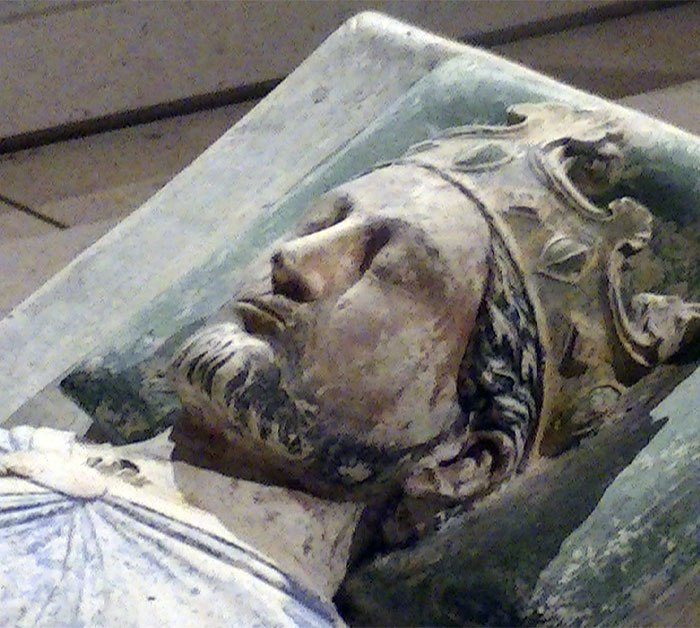
Image credits: bewires
#34
Tony Blair. It's hard to imagine, but when he was first elected he was fairly popular even amongst conservatives. His speech after Diana's death, his investment into the NHS and the whole cool Britannia nonsense added to the positive vibes that labour government had.Then 9/11 happened.
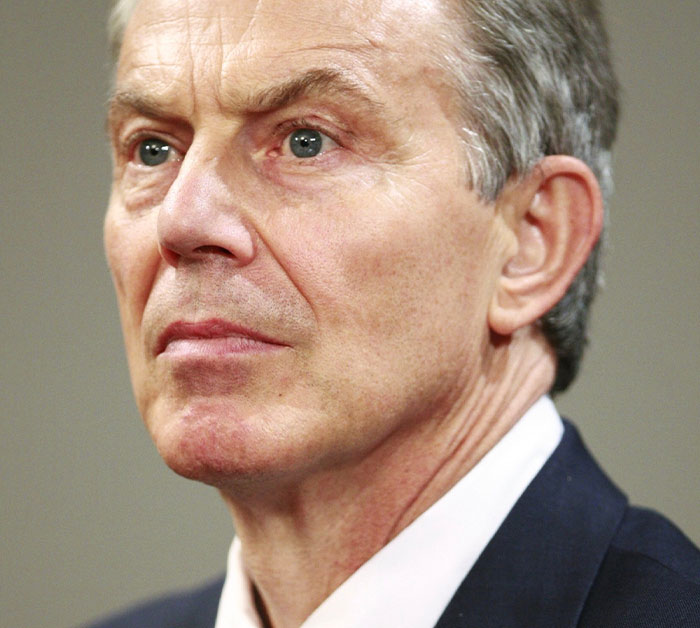
Image credits: Enders-game
from Bored Panda https://ift.tt/SIjEMcz
ConversionConversion EmoticonEmoticon